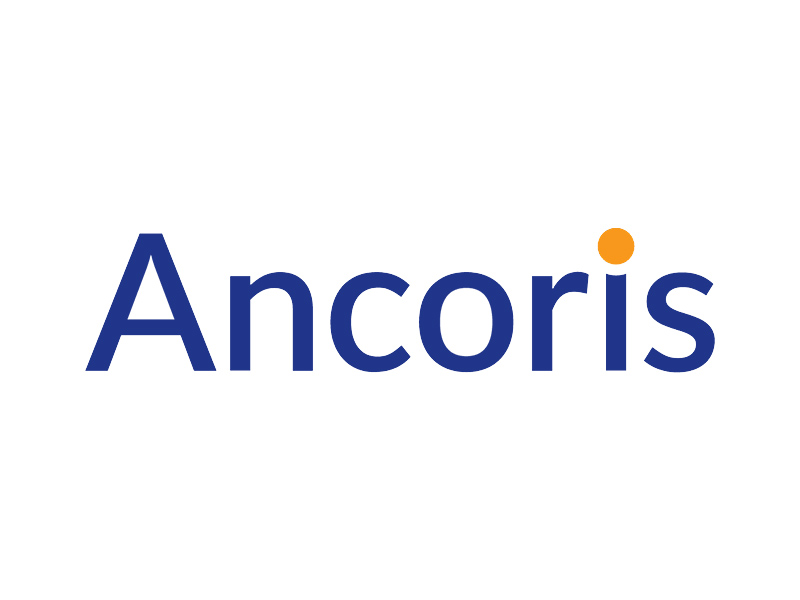The buzz around flexible working hours is there for a reason. With a major chunk of the global workforce transitioning into millennials, we are seeing interesting employment trends like never before. It would be wrong to think that such changes are stemming purely from a generational gap. Technological advances have paved the path to new ways of working which we could not fathom a few years back.
With newer ways of communication, we now have abundant collaborative options to work together in virtual teams. Both employees and employers are realising that the archaic ‘9 to 5’ working hour model is not just monotonous but also inconvenient. We could go on and on listing advantages of offering flexible working hours to employees but here are three key reasons.
Millennial Workforce
By 2025, 75% of the global workforce would consist of millennials. This means that workplaces must adopt changes to accommodate the new generation and the emerging trends they bring in. Millennials are keen on pursuing a healthier work-life balance. Flexible working hours allow them to focus on their work as well as manage their personal priorities.
Better Health
Research shows that employees who are allowed to work flexibly have better mental and physical health. To be able to choose hours for sleeping, eating, working out and other personal activities clearly have a positive impact on employees’ wellness. The focus should be on a results-driven work environment instead of one that is centred on a work schedule.
Better Quality Talent
Remote working facilities open up immense recruitment opportunities for companies, especially the ones that are struggling to employ specific skills in their local area. Many modern start-ups have begun employing remote-working freelancers from all over the world, who add value to their businesses even though they work in different time zones.
Even though flexible working hours is gaining popularity, employees still feel stigmatised to request such arrangements at their workplaces. This is due to skeptical employers who are often reluctant to allow employees the freedom to choose their working hours due to risks of disengagement and loss of productivity. Workplaces need to adopt an environment where managers are trained to supervise virtual teams and enforce trust within employees. There needs to be a change in the traditional, rigid company culture to allow for a forward-thinking mindset within the workplace.












